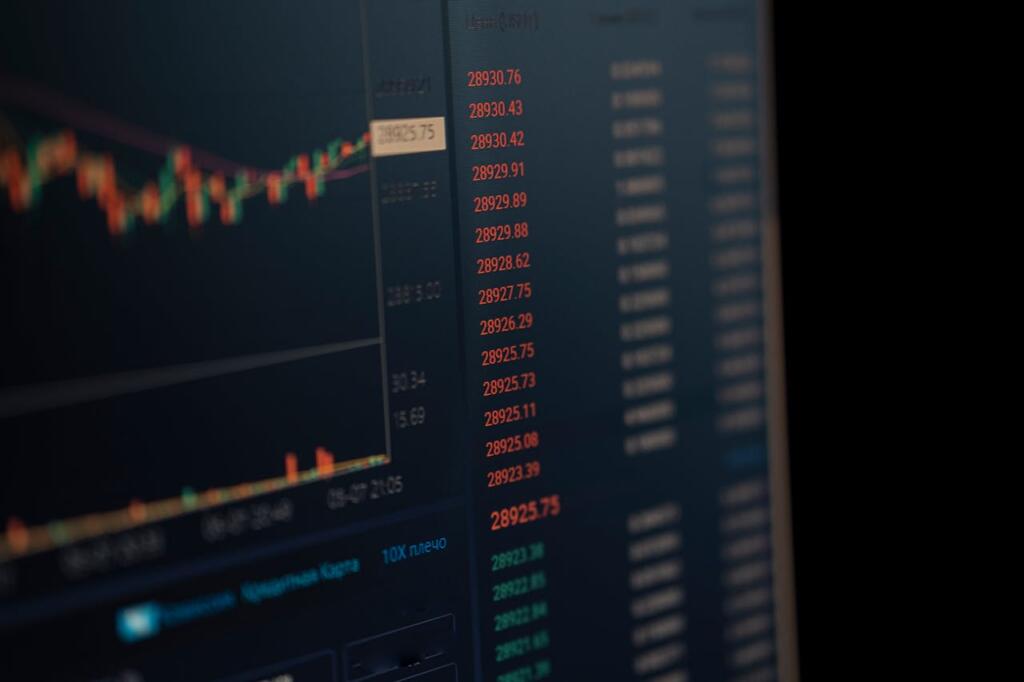There are several reasons why Forex trading has become popular in recent times. Not only are the markets open on a 24/7 basis, but there are many different currency pairs to choose from. This is also one of the most liquid marketplaces in existence; providing traders with a quick means to (potentially) enjoy a substantial return on investment.
Such levels of liquidity likewise open up some interesting trading strategies. One of these involves what is known as leveraged trading. How does this system work? What type of investor might it appeal to? Are there any distinct advantages and/or possible drawbacks. Each of these questions will be addressed so that readers can appreciate the big picture.
Fundamental Principles
It is only logical to address the most important issue. What does leverage in Forex trading actually involve? We can think of leverage as a type of short-term loan. This loan is normally provided by a third-party broker, or an online trading platform. As with any loan, the main intention is to provide investors with more capital than might be readily available in their account (that is, more than the initial deposit). Leverages can be used by both institutional and individual traders, and this primarily depends on the underlying currency pair, and the preferred investment style.
An Example of a Leveraged Trade
We can now apply the principles outlined above into a theoretical real-world scenario. Imagine that a Forex trader currently has €10,000 euros in his or her account. They also believe that a certain pair of currencies is about to experience a bullish pattern after careful fundamental analyses. They choose to enter into a 1:100 leveraged position. In this case, the broker or platform will provide the client with 100 times more capital. So, the total value of the trade rises to €1 million euros (100 times the initial €10,000 euros). Note that leverages may also be provided in different proportions. Here are some common alternatives:
- 1:20
- 1:50
- 1:200
- 1:500
While the principles attributed to leveraged trading are quite simple, the potential ramifications can be profound.
The Benefits of Leveraged Trading
The most obvious advantage here is that traders can open up substantially large positions while only depositing a fraction of their total capital. However, spreads also need to be taken into account. What is spread in Forex investing? The spread is a small built-in difference between the buy and sell price of a pair of currencies. Any platform that offers leveraged trades will include the spread of a position. This ultimately reflects the cost of executing the trade itself.
Spreads may be narrow or wide; depending on variables such as the size of the trade, the time frame, and when the position will be closed. If a trader factors in the spread, and correctly predicts how a currency pair is expected to perform, he or she may be able to turn a substantial profit within a short period of time. It can be argued that this is the most appealing aspect of leveraged trading.
Possible Risks
Still, there are two sides to every coin. Any leveraged trade involves a fair amount of risk. We need to remember that every leveraged position is a form of a loan. This loan will need to be repaid. If the position fails to perform as expected, an investor could lose far more than the capital that they committed (remember the example of 1:100 leverages). This could lead to massive losses, and in severe cases, a lack of available liquidity.
Do Experts Recommend Leveraged Trading?
This is a rather loaded question. The answer will depend on several variables including:
- Level of experience
- Risk tolerance
- The size of the trade
- The leverage ratio
For instance, those who wish to adopt a more conservative approach may choose smaller leverages such as 1:20. Individuals who instead adopt a more aggressive approach might gravitate towards higher leverages. This is simply a matter of personal preference.
Ultimately, leveraged trades should only be enacted once one clearly appreciates the advantages, and possible pitfalls. Losses can (and will) occur on occasion. Investors who are willing to accept this fact could very well use such a strategy to accrue a substantial windfall.
